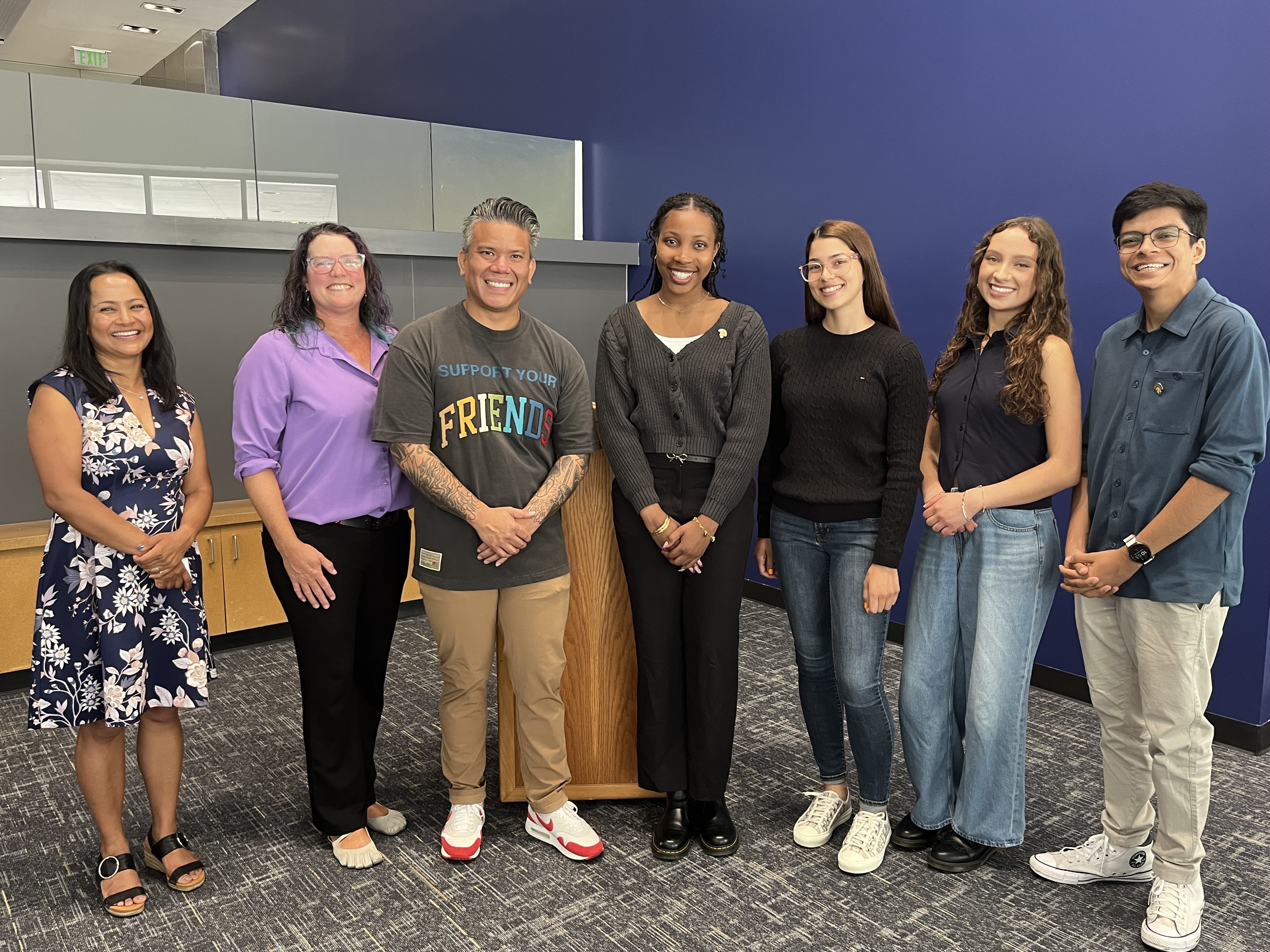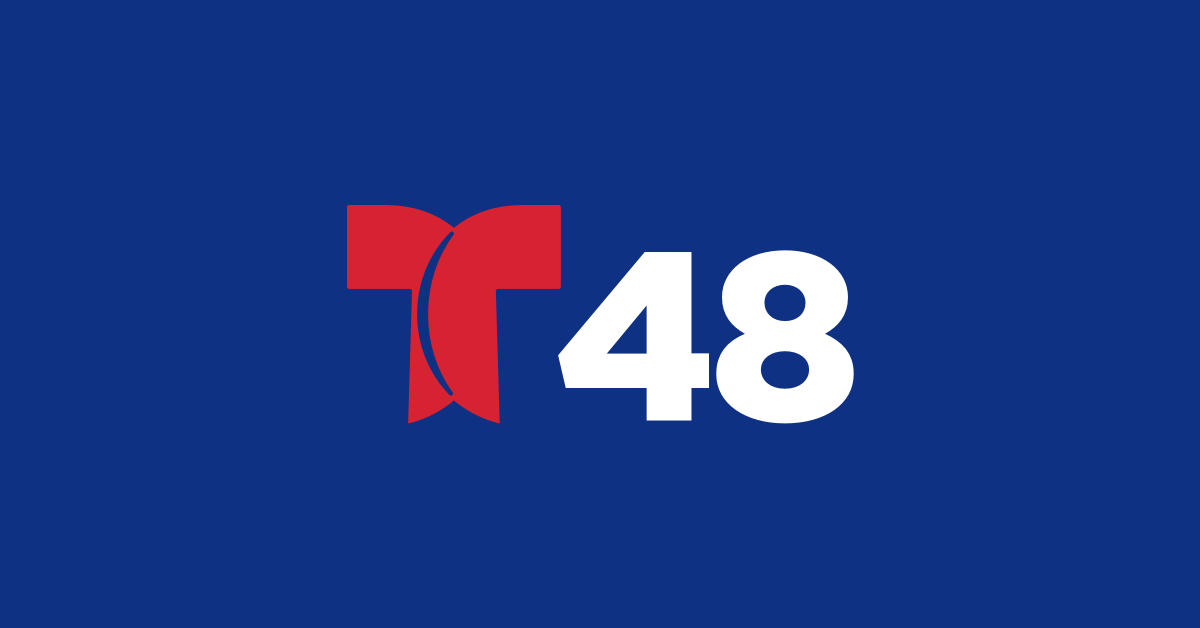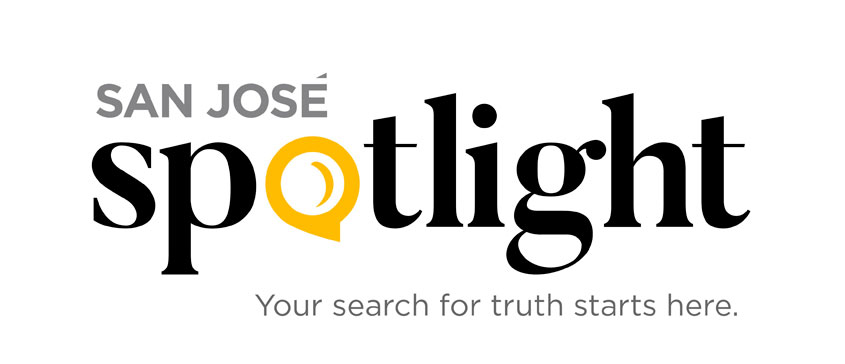Silicon Valley Pain Index
2025 SV Pain Index [pdf]
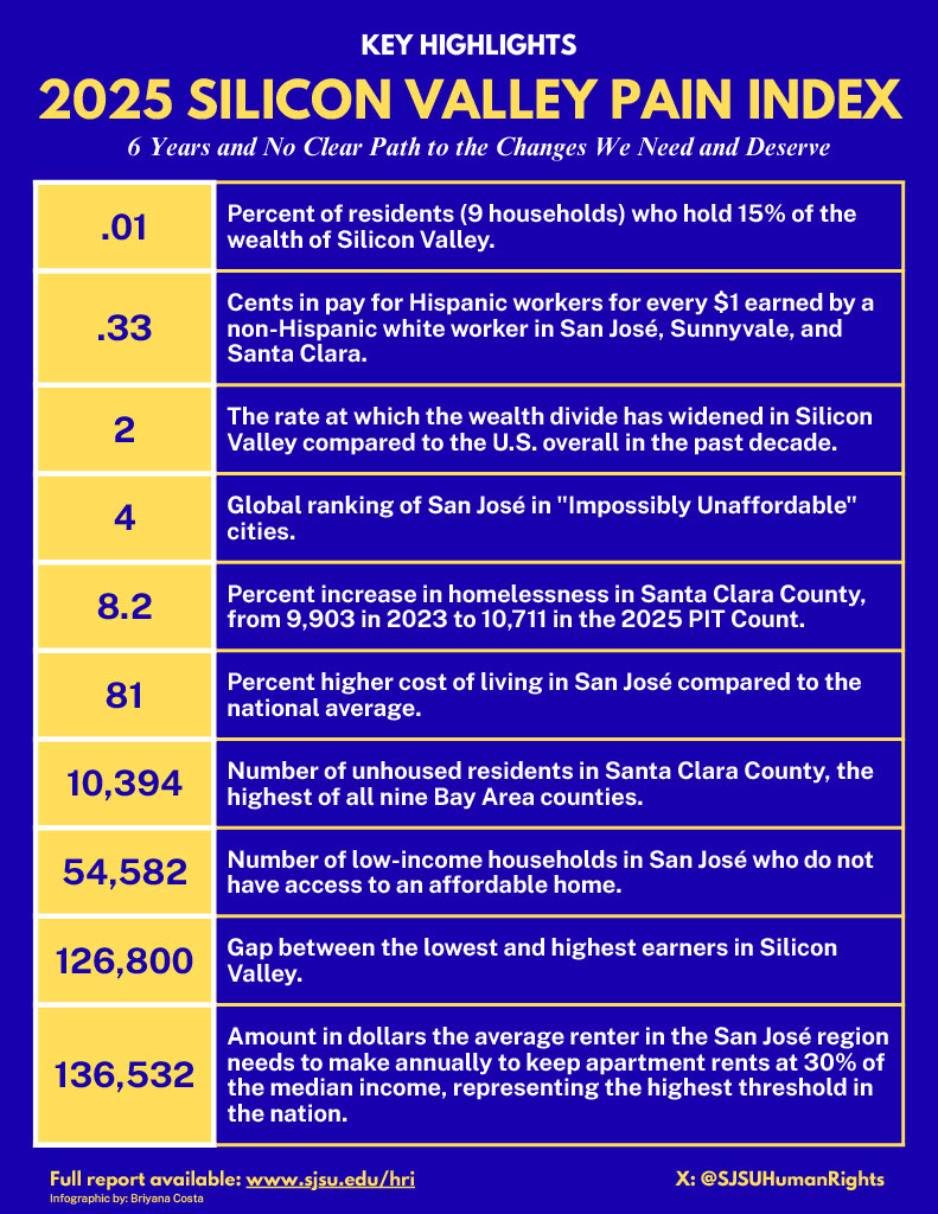 The purpose of the Silicon Valley Pain Index (SVPI) report is to: (1) Provide an efficient,
easily digestible, statistical overview of structured inequalities to inform policy
and practice in “Silicon Valley.” (2) Serve to measure Santa Clara County’s performance
as a “human rights county,” which it declared in 2018 in accordance with the International Bill of Human Rights and in accordance with the Convention on the Elimination of All Forms of Discrimination
Against Women [CEDAW] in 2023. (3) Spark collaborations between scholars, students,
stakeholders, communities, and policymakers to address inequality and achieve greater
human rights practice.
The purpose of the Silicon Valley Pain Index (SVPI) report is to: (1) Provide an efficient,
easily digestible, statistical overview of structured inequalities to inform policy
and practice in “Silicon Valley.” (2) Serve to measure Santa Clara County’s performance
as a “human rights county,” which it declared in 2018 in accordance with the International Bill of Human Rights and in accordance with the Convention on the Elimination of All Forms of Discrimination
Against Women [CEDAW] in 2023. (3) Spark collaborations between scholars, students,
stakeholders, communities, and policymakers to address inequality and achieve greater
human rights practice.
Originally inspired by Professor Bill Quigley's Katrina Pain Index following the devastating 2005 hurricane and later by 2020 national protests in the wake of the police murders of George Floyd and Breonna Taylor, the 2020, 2021, 2022, 2023, and 2024 SVPIs illustrated the persistent racial discrimination in employment, education, and housing as well as the general wealth and income inequality that were exacerbated by the COVID-19 pandemic and continue to define our region.
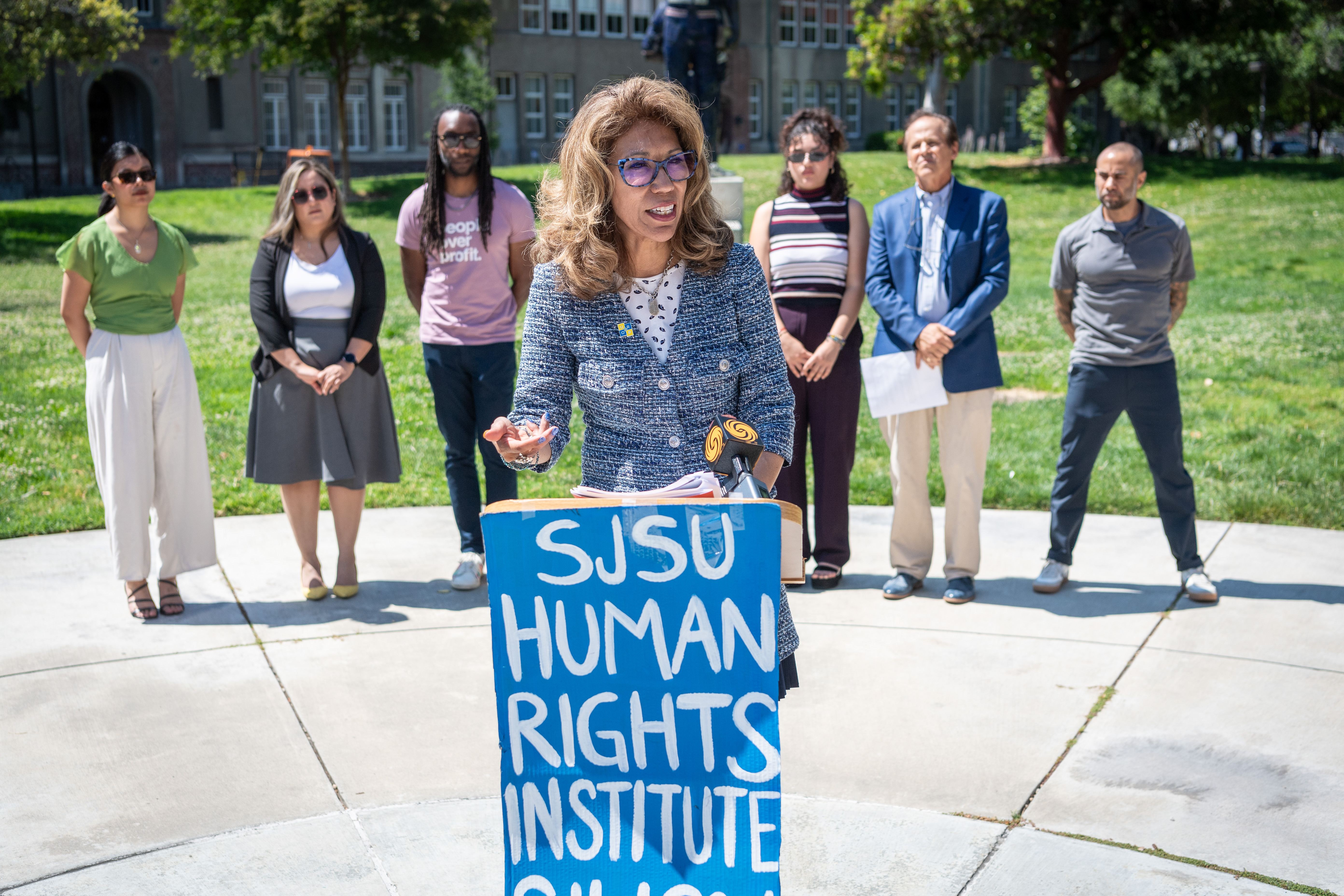
The 6th Annual 2025 Silicon Valley Pain Index features new data that highlights the region’s persistent inequalities, while at the same time showing that the following areas have worsened: wealth and income inequality, housing and homelessness, food insecurity, chronically absent students, fentanyl deaths, gender wage and tech unemployment gaps, rape, and number of cases of domestic violence per prosecutor.
The report also discusses how our region is #1 in societal pain. For example, San José is the #1 most expensive large city in the nation to live in, with average monthly expenses at $3,504. Also, the amount a household needs to make to buy a house in the San José metro area is $468,252, making it the least affordable metro area in the nation. In addition, Santa Clara County is ranked #1 in the nation of unsheltered homeless (74% unsheltered), and #1 in the percent of unsheltered, unaccompanied homeless youth (86% unsheltered). Finally, the San Jose Police Department is ranked #1 among Bay Area law enforcement agencies for their K-9 unit dog biting someone (167 bites), with 115 bites directed at Latinx and African Americans. There were a few bright spots in the report dealing with a reduction of force complaints lodged against the San José Police Department, a reduction in suicide, an increase in the number of homeless people placed into temporary housing, the successful building of affordable housing units in Santa Clara County from Measure A, and the number of patents San José produces.
The SJSU Human Rights Institute would like to thank the Silicon Valley Community Foundation (SVCF) for providing funds to support the 2025 Silicon Valley Pain Index, which supported the work of Dr. Anji Buckner-Capone from the SJSU Department of Public Health Sociology, as well as SJSU graduate and undergraduate students.
By consistently exposing structured inequalities as a human rights crisis, the hope of the SJSU Human Rights Institute is that City Council members, County Supervisors, State Legislators, members of Congress, scholars, journalists, stakeholders, and community organizations will use the 2025 SVPI to inform future policy and practice. The SVPI principal investigators and SJSU HRI welcome and invite such policy proposals.
SV Pain Index: 2024 [pdf]
SV Pain Index: 2023 [pdf]
SV Pain Index: 2022 [pdf]
SV Pain Index: 2021 [pdf]
SV Pain Index: 2020 [pdf]
Letter from the SCC Human Rights Commission to the Board of Supervisors [pdf]
Following the August 2021 SCC Human Rights Commission meeting a letter was written to the Board President and County Supervisors addressing the need for the SVPI to a standard tool within the county to mark how we are addressing the human rights needs of the County. In the letter the SCC Human Rights Commission suggested the Board of Supervisors to do three things:
1st: Have you and your entire staff read the Silicon Valley Pain index;
2nd: Explore ways that human rights can be used as a framework, and the SVPI as an annual
measure for decisions concerning at-risk communities in the County. One specific example
would be to require that any proposal to change policy/practice in the County include
the “human rights impacts” of the proposed policy/practice (as is already the case
for considerations of other “impacts”).
3rd: Consider enacting the policies that the Human Rights Commission, in consultation with
the SJSU Human Rights Institute, develop to address the vast inequalities found in
the Pain Index.
SV Pain Index: Dr. King's "Curious Formula" [pdf]
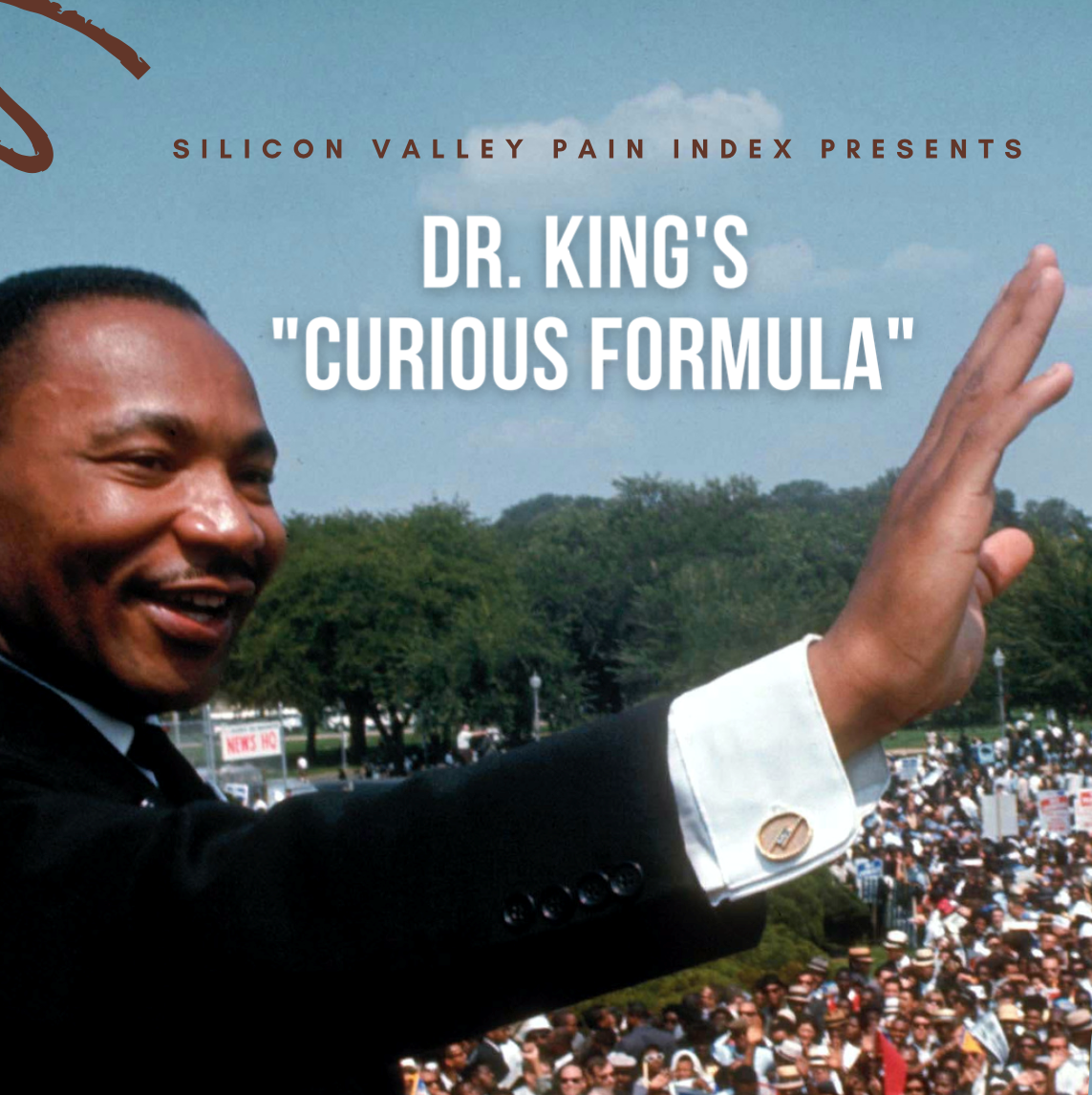
We celebrate Dr. King’s birthday each year since his life’s work provides the nation
a way out of the chaos of white supremacy and toward the beloved community offered
by a multi-ethnic, multi-racial democracy. But for Dr. King, the beloved community
was blocked by racism and economic exploitation, which he saw as interconnected, stating,
“A nation that will keep people in slavery for 244 years will ‘thingify’ them and
make them things. And therefore, they will exploit them and poor people generally
economically.” For King racism and economic exploitation were part of the structures
of society that were enacted out through various institutions (i.e., political, economic,
education, family, criminal justice, etc.), and they created a pattern, or "curious
formula". King saw this “curious formula” dating back to the writing of the Constitution
in 1787, where a black person was defined as 60% of a human being when determining
taxation and representation. According to King, this initial principle led to a “curious
formula” where Blacks received one-half of the good things in life, and two times
the bad.
This curious formula was the reality in 1968, when King was murdered, and sadly, it
is the reality today in these United States, and more specifically for us in Silicon
Valley. And while there are probably not many in Silicon Valley who would support
the violent actions taken this past week by the white extremist organizations in Washington
DC, institutionalized racism still dominates most of our institutions as is demonstrated
by the MLK infographic presented by Silicon Valley Pain Index. In dramatic color images
of King, the infographic shows the curious formula’s consistent pattern where our
institutions provide Blacks (and other people of color) one-half of the good things
in life, and two times the bad.
SB 1341 and (now) Guaranteed Income for impoverished students in Santa Clara County.
In response to the 2021 Silicon Valley Pain Index, we were approached by Senator Dave Cortese’s office to collaborate on the design of SB 1341: The California Success, Opportunity, and Academic Resilience (CalSOAR) Guaranteed Income Program. The program would pay a Guaranteed Income of $1000 per month for the five months between April and August to graduating high school seniors experiencing housing insecurity in California. The point of the program is to address the rising housing and food insecurity among our most economically vulnerable young adult/student populations.
Though the bill failed to pass the Senate Higher Education Committee, a pilot version of the program was passed for Santa Clara County in a unanimous vote of the Board of Supervisors. Please stay tuned for further announcements on this critical program.



Universal Cannabis Record Clearance in Santa Clara County and California
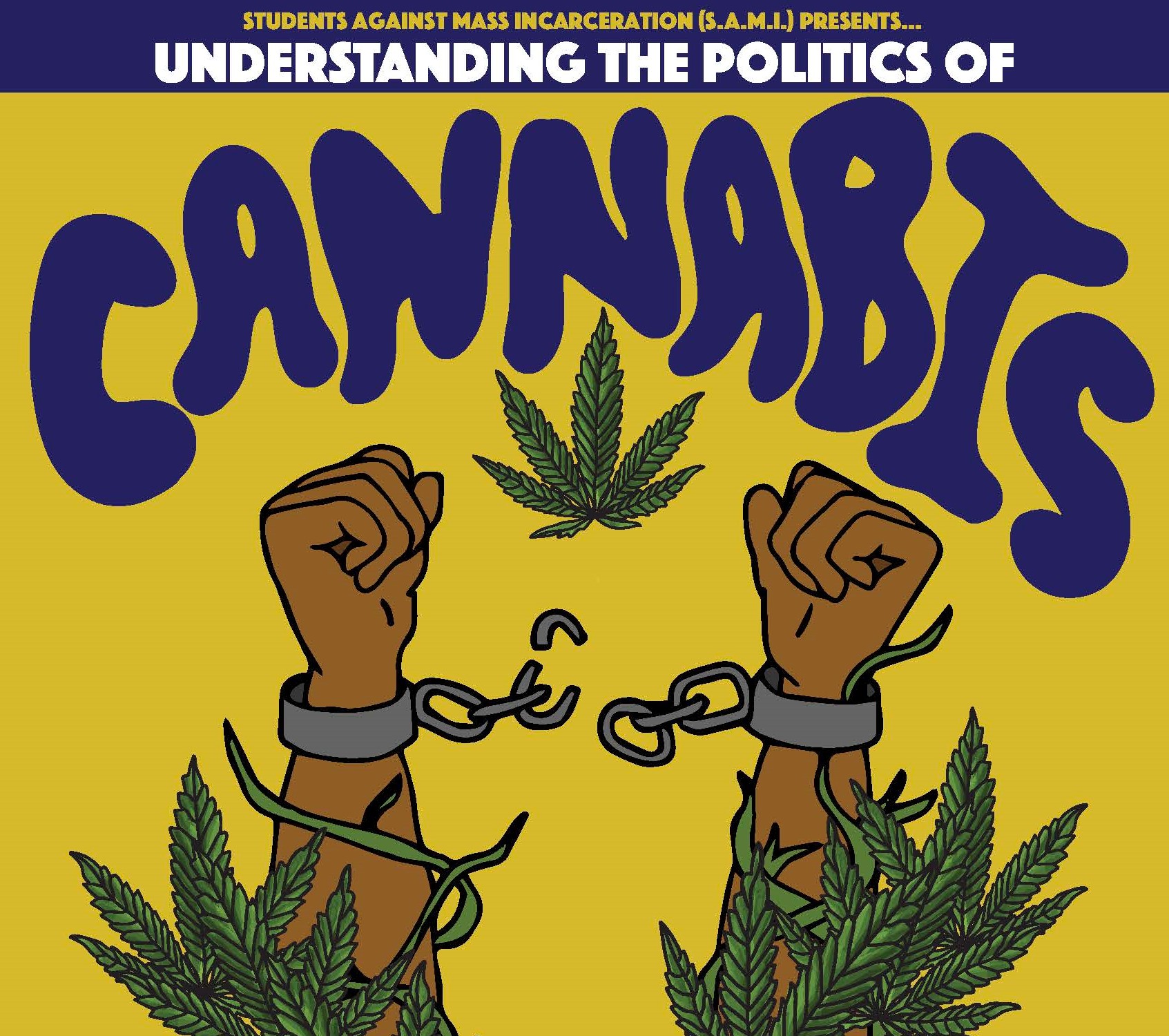
After over 2 years of organizing and research with Human Rights students (Students Against Mass Incarceration [SAMI]), a coalition* of over 20 community organizations and cannabis industry leaders, Congressman Ro Khanna, Supervisor Dave Cortese, and the County DA and Public Defender’s Offices, Santa Clara County proactively expunged or reduced all eligible cannabis records--13,000 cases for over 9,000 people--on April 29th, 2020. Following universal record clearance scheduled for the end of March, Drs. Kinney and Armaline will publish a report in partnership with county agencies on this new online system such that other counties in California might replicate it.
But the job of cannabis record clearance is far from over in California. We are currently researching the status of and barriers to cannabis record clearance in counties across the state. Further, we co-sponsored AB 1706 (Asm. Mia Bonta) with the Last Prisoner Project [LPP] to further compel and facilitate cannabis clearance in holdout counties. AB 1706 has successfully passed both houses of the legislature and awaits a signature from the Governor.
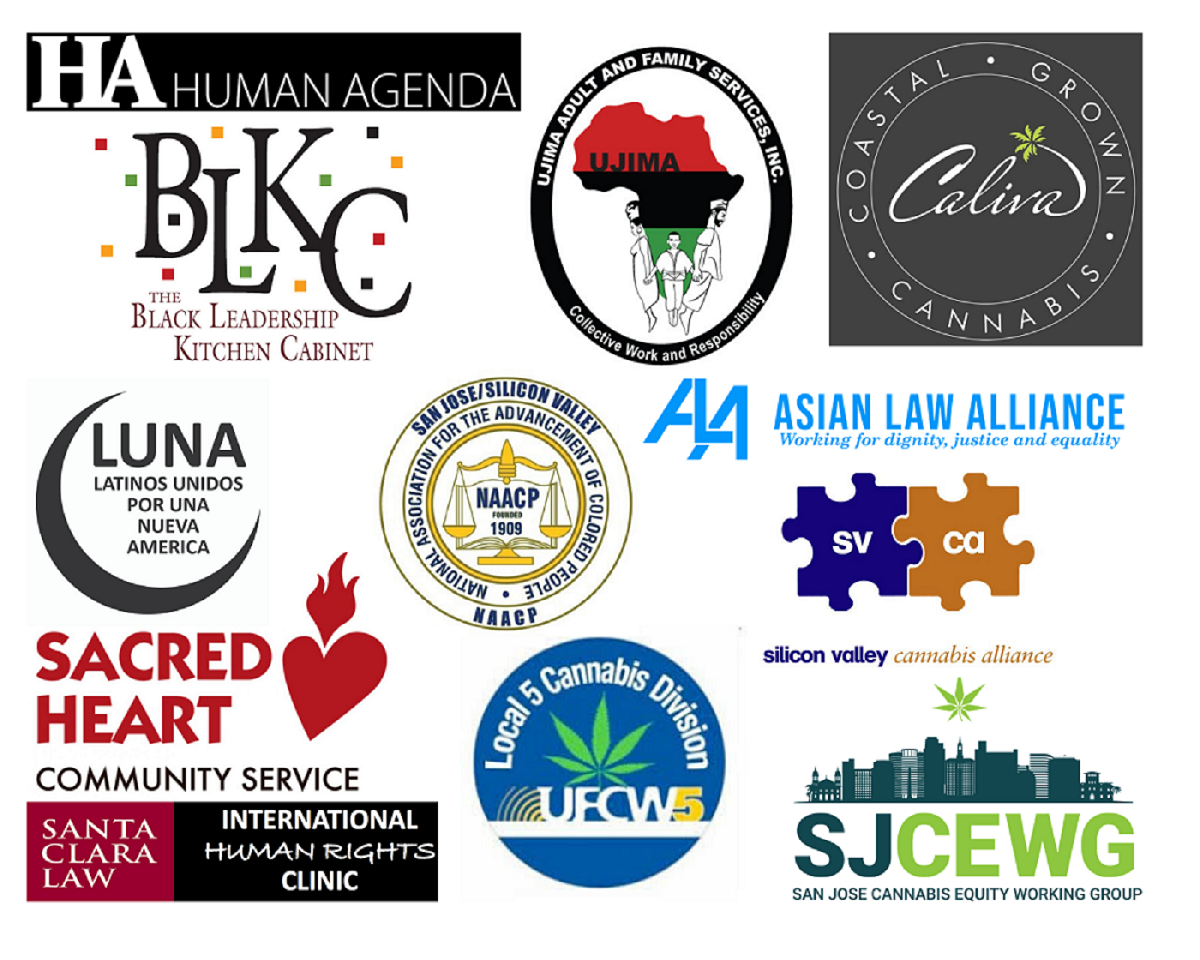
Universal Cannabis Record Clearance Coalition*
- Human Agenda
- The Black Leadership Kitchen Cabinet
- Caliva
- Asian Law Alliance
- Silicon Valley Cannabis Alliance
- San Jose Cannabis Equity Working Group
- UFCW5
- Santa Clara Law International Human Rights Clinic
- Sacred Heart
- LUNA, NAACP San Jose/Silicon Valley
- UJIMA.
People’s Budget of San José
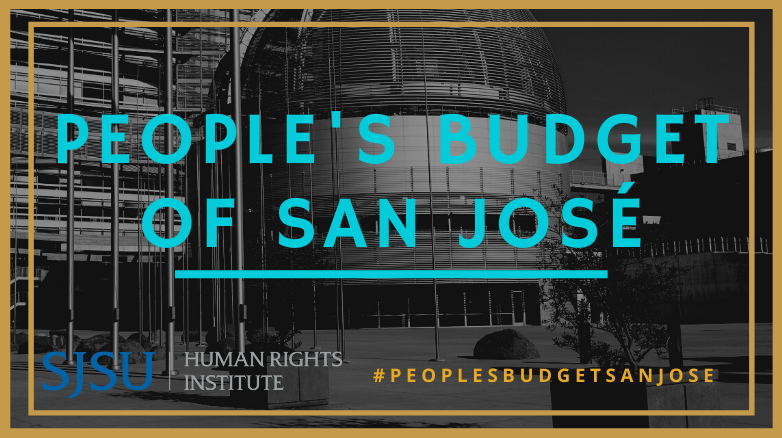
In 2020 the SJSU HRI partnered with Sacred Hearth Community Services to launch the People’s Budget of San José research project, funded in part by the Heising-Simons Foundation. The purpose of the PBSJ was to inform the City’s Re-Imagining Public Safety Community Advisory Committee [RIPS] recommendations to City Council on criminal justice and related budget reforms. The PBSJ study produced three reports (background, focus groups, and city wide survey) in this process, and the RIPS recommendations will be considered by Council in October – November of 2022. For copies of the PBSJ reports, more on the findings of these reports, and a (video) discussion of the findings, please visit our PBSJ page.
The California Law Enforcement Accountability [CLEAR] Act [pdf] [pdf]
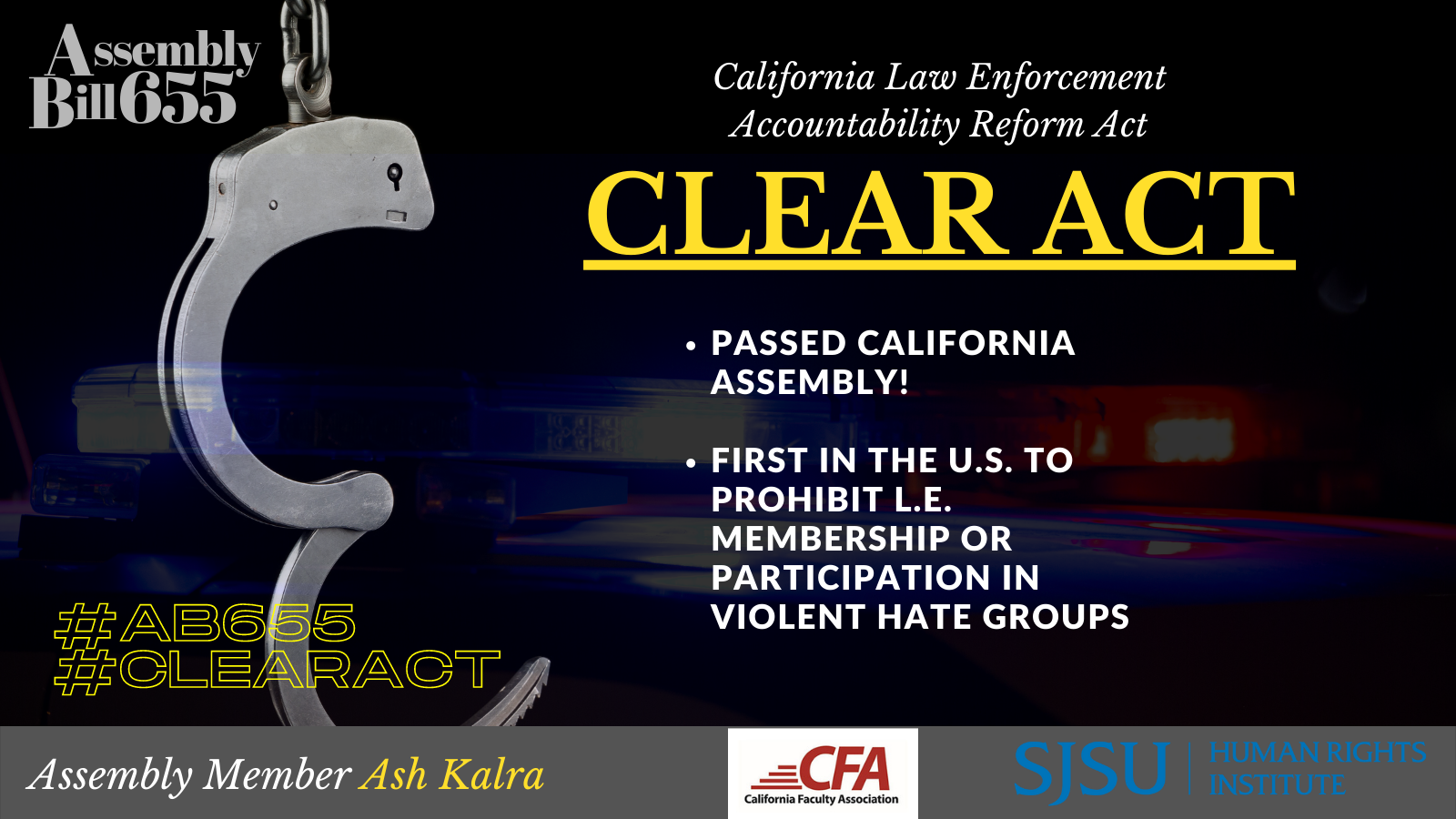
Following countless reporting from journalists and federal agencies on the infiltration of law enforcement agencies and threat of mass terror now clearly posed by right wing extremist organizations, the SJSU HRI is aggressively pursuing meaningful policy solutions.
Institute faculty have been working with state and federal lawmakers, relevant legal scholars, and community organizations to research and design the California Law Enforcement Accountability [CLEAR] Act. The CLEAR Act is the first of its kind in the U.S. designed to effectively prohibit anyone with membership in or significant affiliation with right wing extremist organizations from serving in any CA law enforcement agency.
Now supported by Public Defenders, District Attorneys, Civil Liberties advocates (ACLU), and community organizations across the state, the CLEAR Act has passed both houses of the California legislature and awaits the Governor’s signature!
Care First Jail Last Coalition in Santa Clara County
SJSU HRI faculty wrote one of the two policy guiding reports [pdf] [pdf]on jail conditions in Santa Clara County following the brutal murder of Michael Tyree in 2015. Both of these reports detailed horrific conditions and treatment that clearly violated the Constitutional and Human Rights of inmates, including but not limited to an unsanitary environment, routine abuse by guards, and lack of access to needed medical care or contact with the outside world. Following these reports, three hunger strikes held by prisoners supported by their families and communities were staged over approximately five years to continue fighting for jail reform. Meanwhile, the SCC Board of Supervisors were on a path to build a new jail facility in addition to much needed improvements to existing jail facilities in response to suits and legal decisions since Tyree’s murder.
The coalition previously succeeded in stopping the plans to build a new jail in SCC, and in establishing an Alternatives to Incarceration Report [ATI] and working group. Since then, the SCC BOS has voted to cancel plans for a new, approximately $600M jail with contractor JE Dunn, and will re-open community engagement on the building of an alternative facility in September 2022.
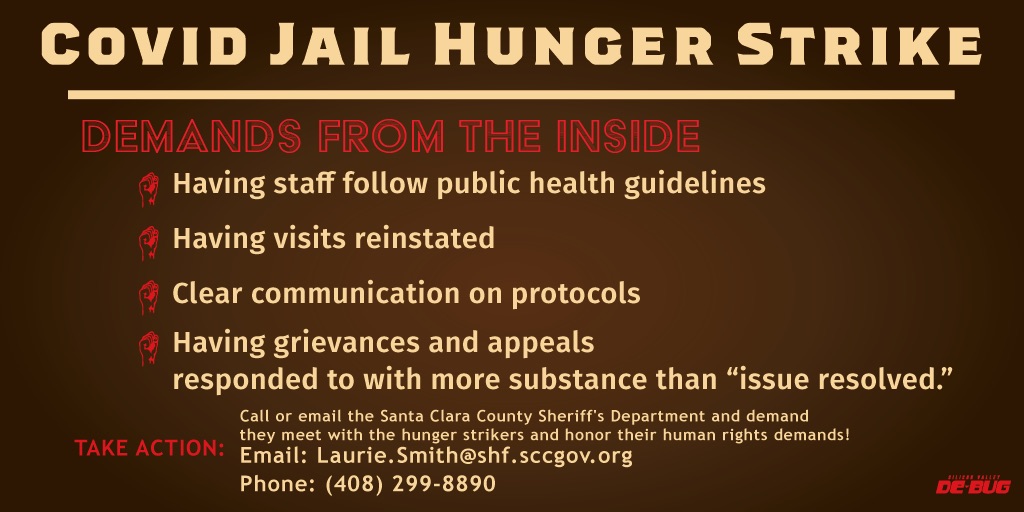
After 9 days - those inside Santa Clara Main Jail have stopped their hunger strike after getting several key demands met. But they are asking for supporters to keep pressure on jail admin to ensure promises are kept and health standards are honored.
Please see the detailed report from our partners at SV DeBug [pdf] [pdf]
Outgoing Supervisor Dave Cortese on Board of Supervisors Decision to Consider Alternatives to Incarceration
For more information on this movement in our county, see the following statements from system impacted organizers here:
DeBug Statement on Stopping the Building of a Jail in Santa Clara County
Dismantling the Architecture of Incarceration
Cannabis Policy Reform in San José and Santa Clara County
Equity Program Phase I and II
In brief, the SJSU HRI wrapped consultations with the City on Phase II in February of 2020. Phase II (retail) has now been released (2022), where up to 10 delivery licenses and 5 retail dispensary licenses will be made available to qualified equity applicants who complete the city’s “equity academy.”
In addition to helping the city secure over $500K in funding to build and implement Phase I of the program and conduct the necessary equity study for Phase II, HRI faculty will continue to serve as a public resource for the City and impacted community members as the equity academy opens and Phase II is implemented.
Cannabis Equity Program, more information to see if you qualify!
Reforming California and Federal Law to Meet International Human Rights Standards on Police Use of Deadly force
CA AB 392 and the PEACE Act
The faculty and students of the SJSU HRI are working hard to address the nearly 1000 fatal police shootings a year in the U.S.—the highest rate in the developed world. This police violence is targeted overwhelmingly at people of color, the poor and dispossessed, LGBTQ populations, and those struggling with mental illness. Though this work continues, the HRI collaborated with community organizations and policy makers to establish significant policy solutions at the state and federal level.
Institute faculty and students participated in the statewide coalition to draft and successfully pass CA AB 392, the California Act to Save Lives.* AB 392 brings CA police use of deadly force standards in line with international law and standards that prioritize the human (and Constitutional) rights to life and due process. Specifically, the HRI provided documentation and information on international standards on police use of deadly force. As a result, California now has one of the strictest use of force standards in the country (along with Washington state). *Signed into law on 08/19/19.
Institute faculty then worked with Congressman Ro Khanna to research and help to draft the PEACE Act [pdf] [pdf], a bill that brings the law defining police use of force in line with international standards for all federal law enforcement and provides necessary incentives for states to revise their laws in kind. The PEACE Act represents an enormous opportunity to scale policy reform up to the federal level and bring this reform to other states. Please see the SJSU HRI Director and many other policy experts quoted in the press release of the bill.
Improving the Human Rights of Immigrants and Migrant Workers
Ending the 50-Mile Rule
Immigrant, migrant worker, and refugee rights have long been an area of expertise for Institute faculty and Human Rights Minor Program students. In addition to working for 2.5 years with the DALE Coalition in Santa Clara County to provide DACA/DAPA assistance to thousands of families in need, Institute faculty and students organized with Human Agenda and other partners to make sure the thousands of migrant children in the state have access to public education.
After many years of organizing with Human Agenda and other partners, the California legislature effectively ended the “50-mile rule” that prevented many children of migrant workers from attending public schools without constant interruption.
